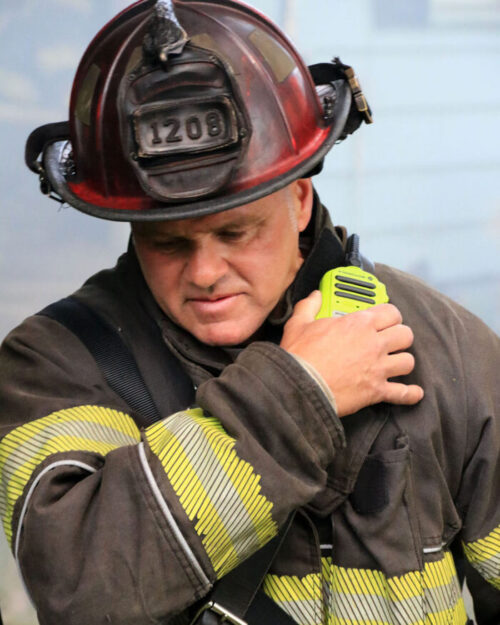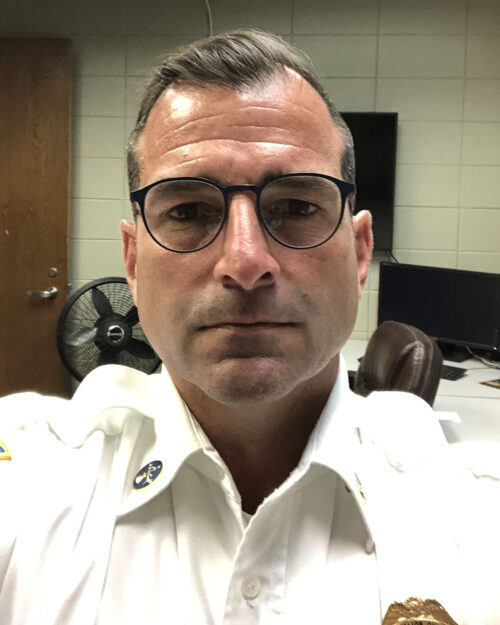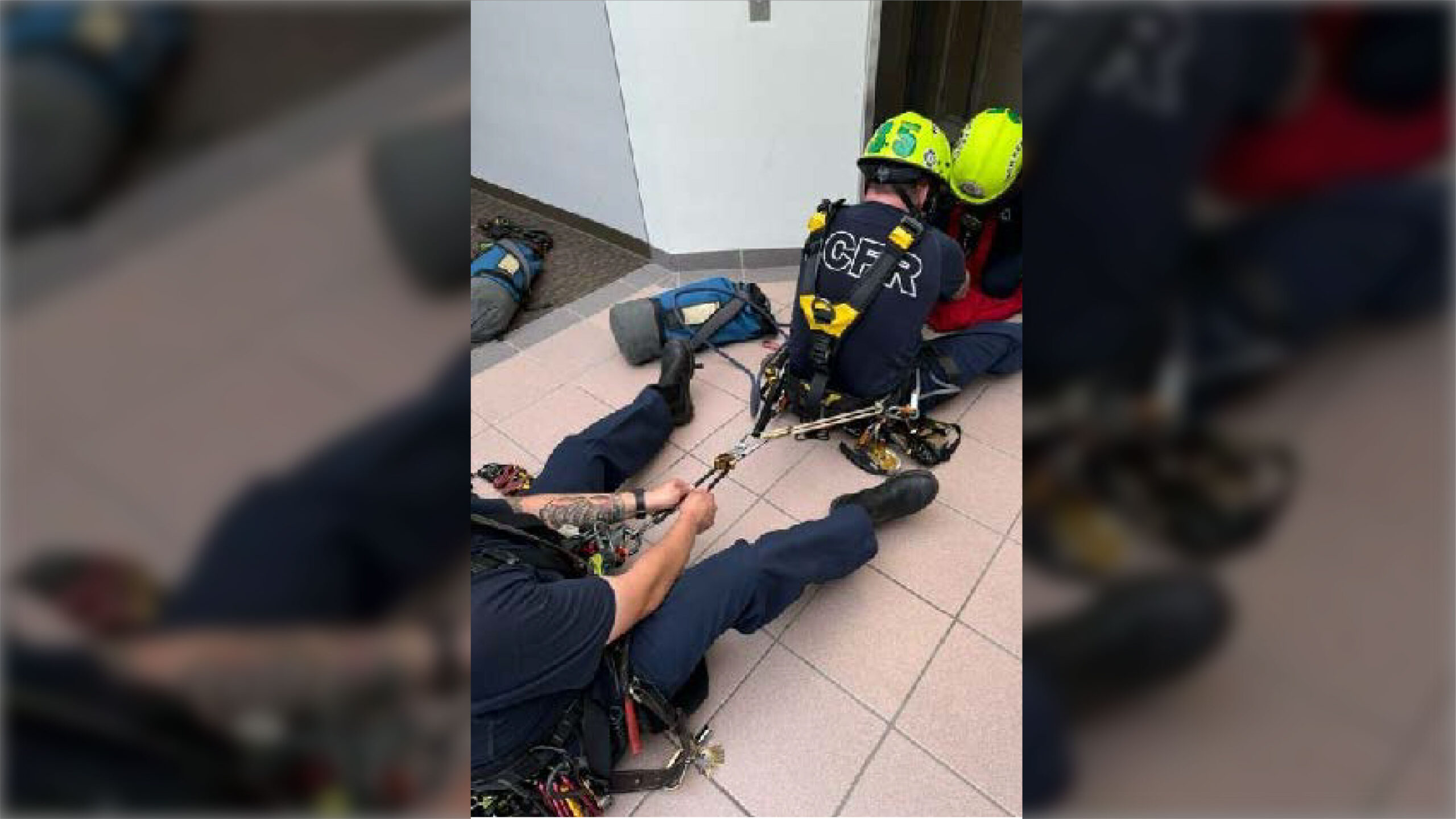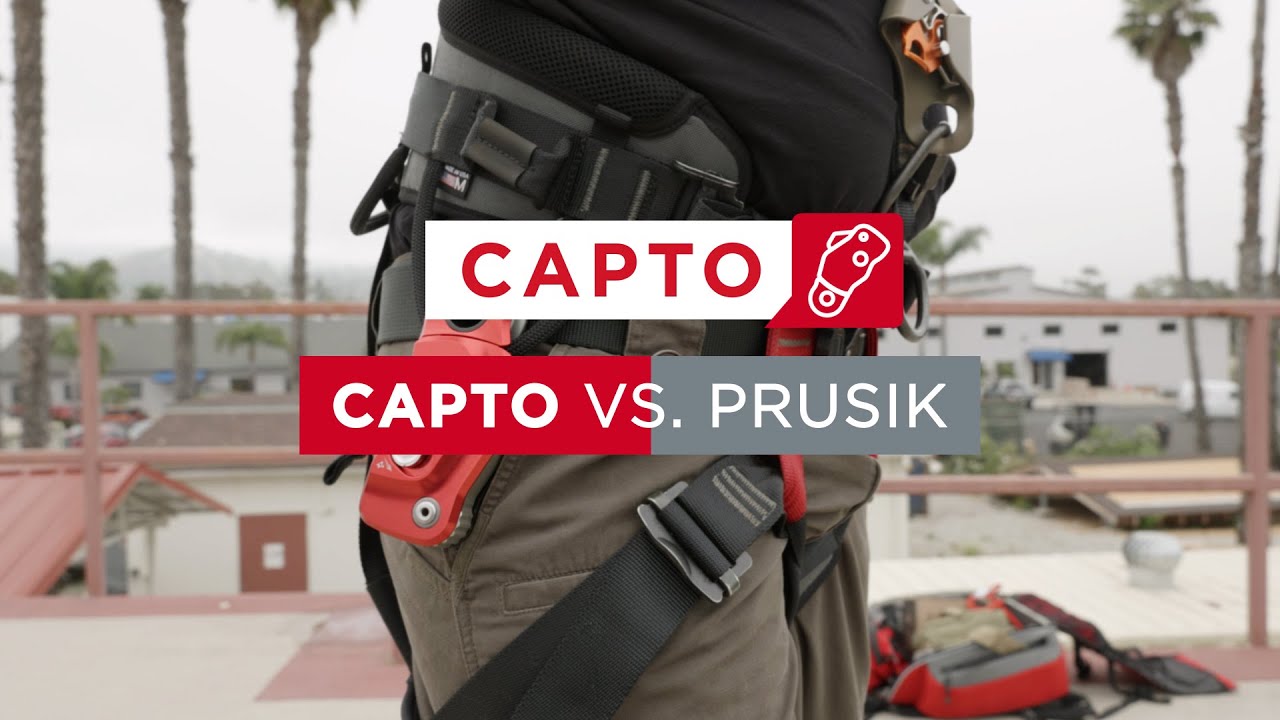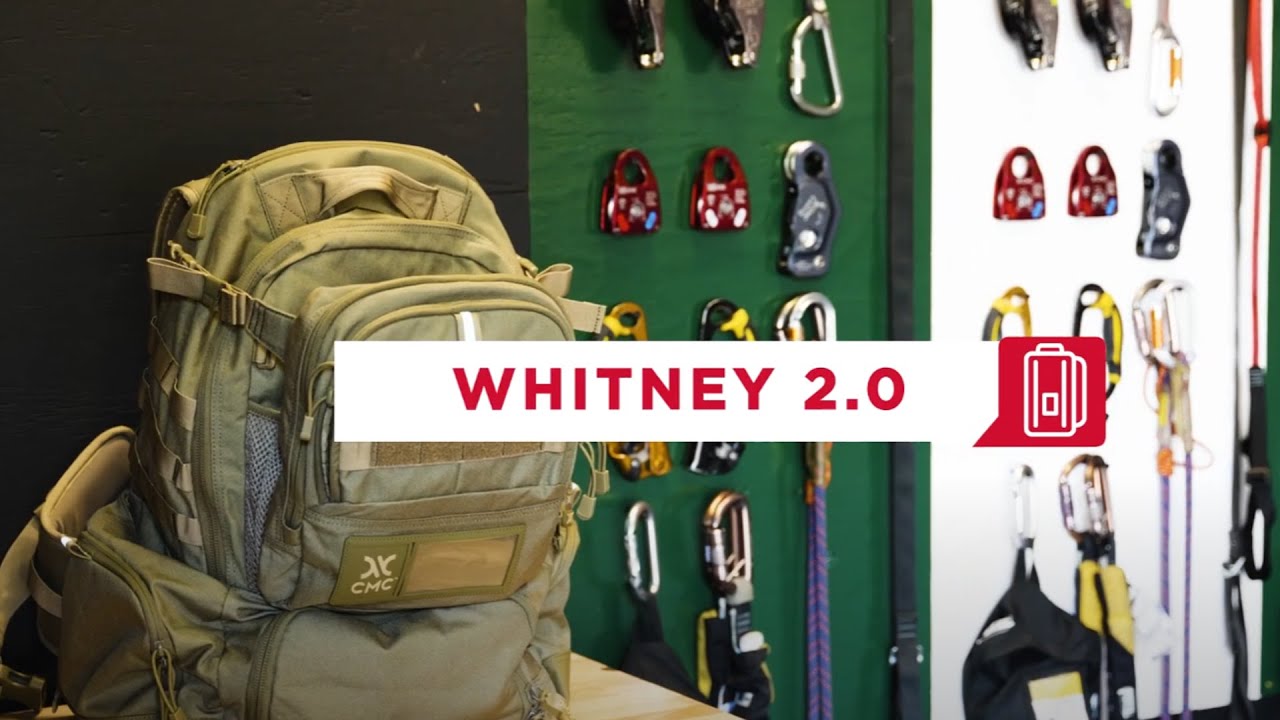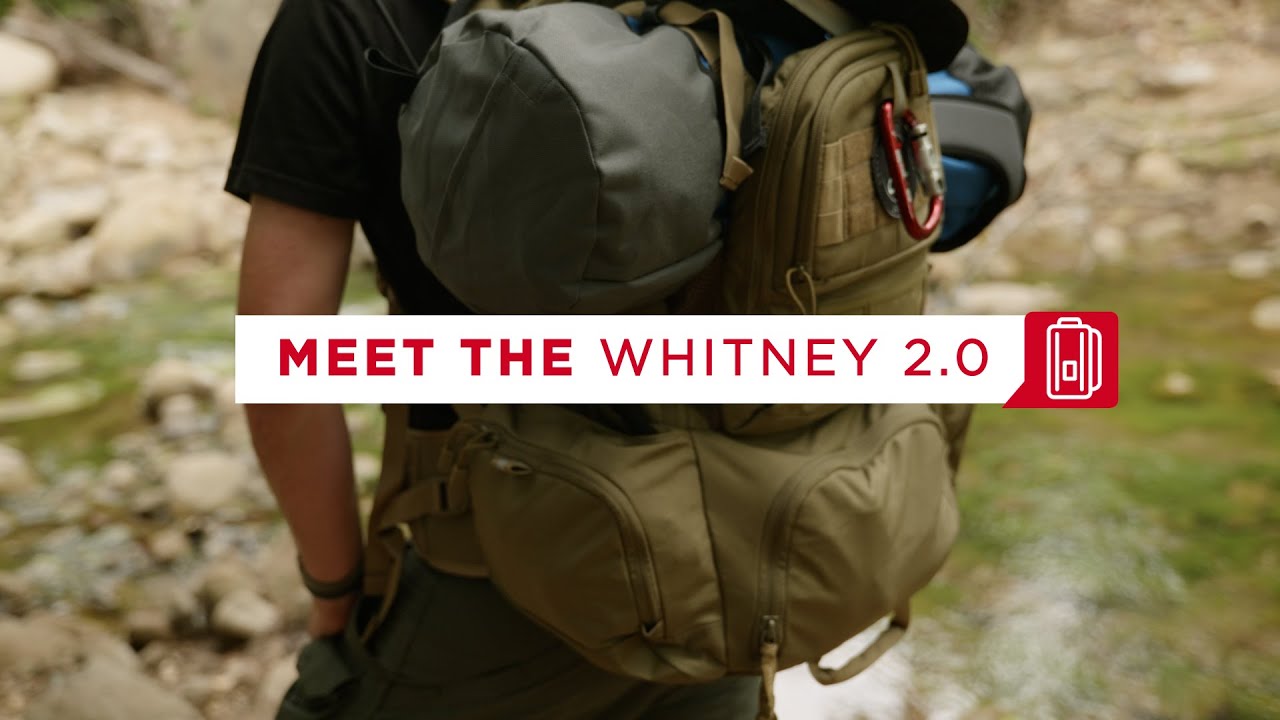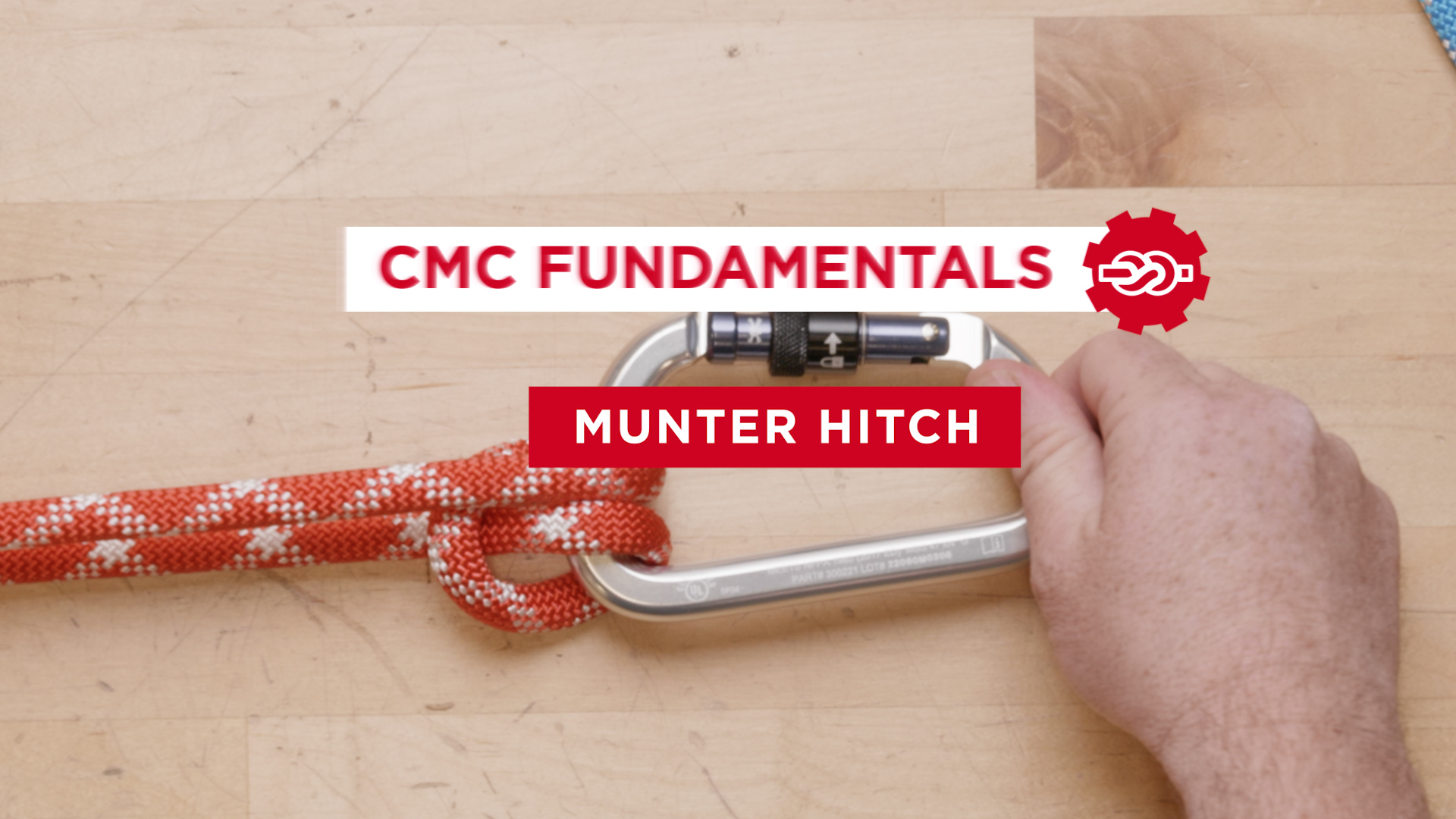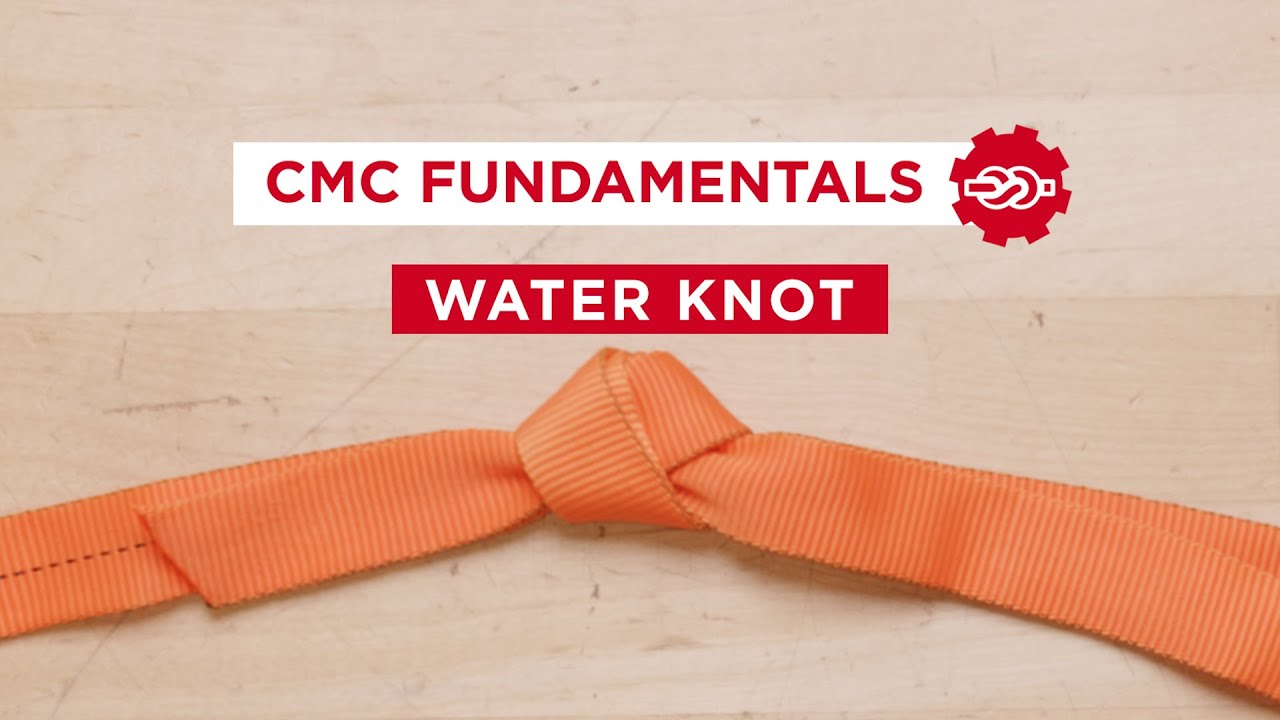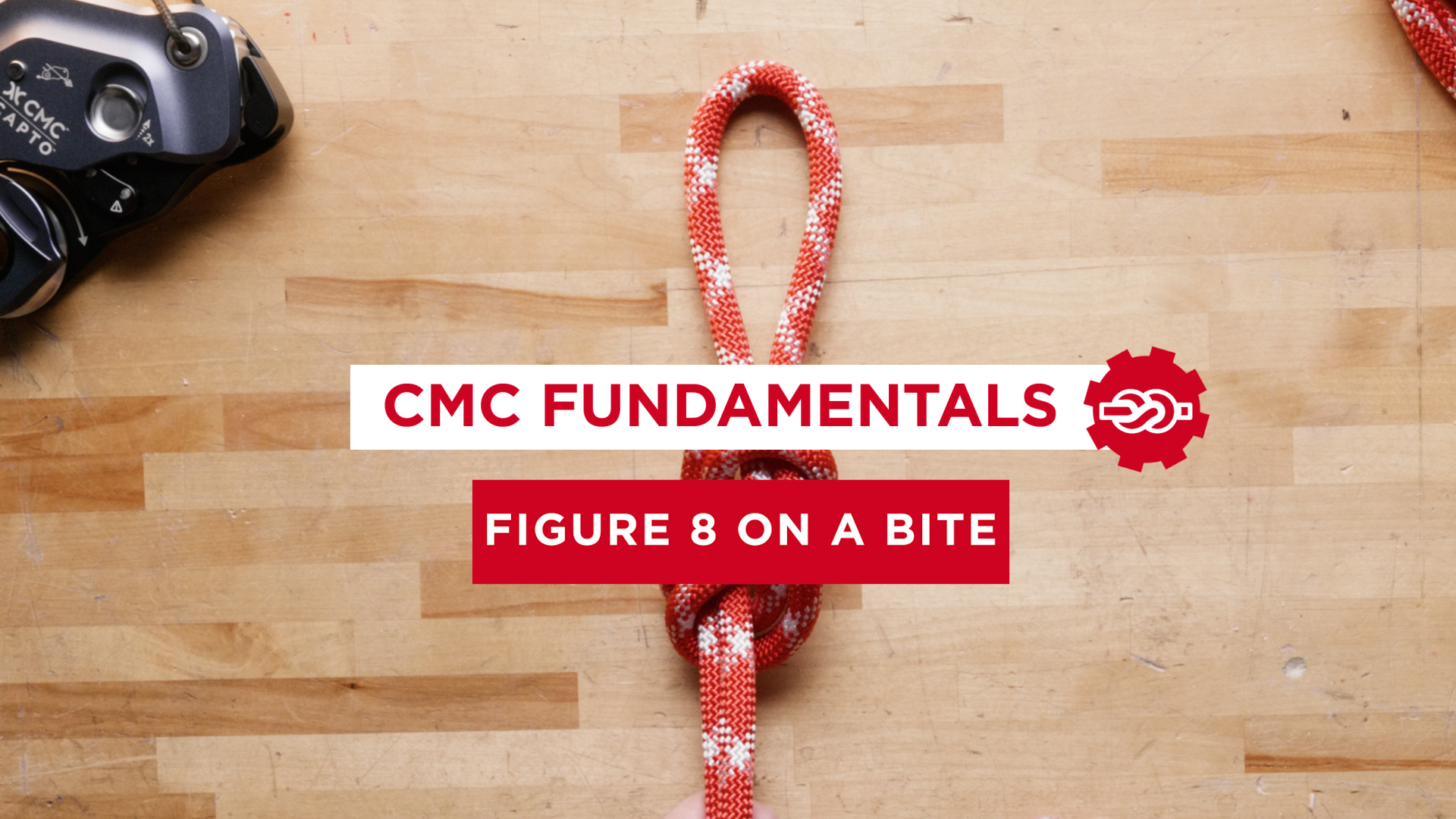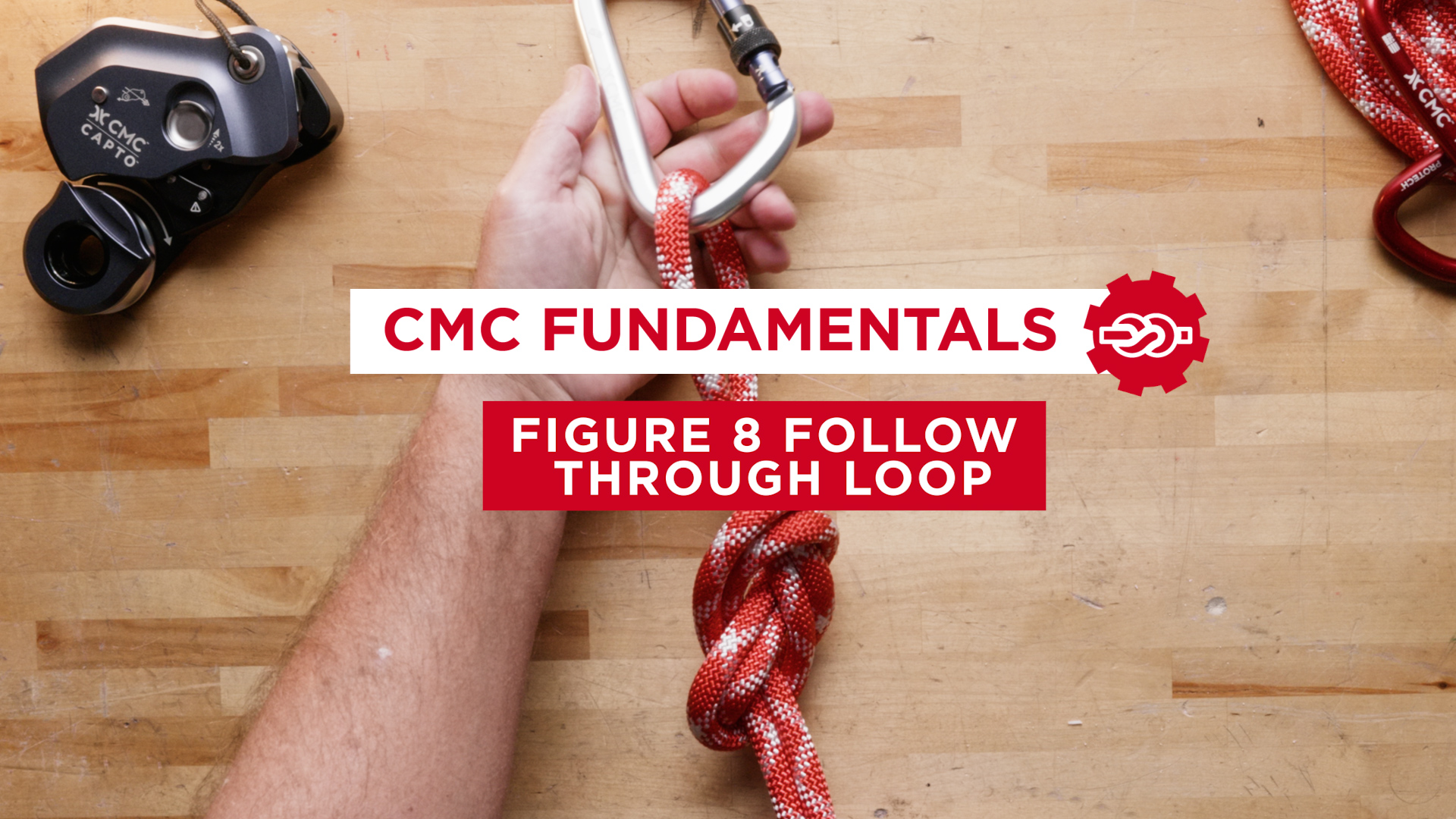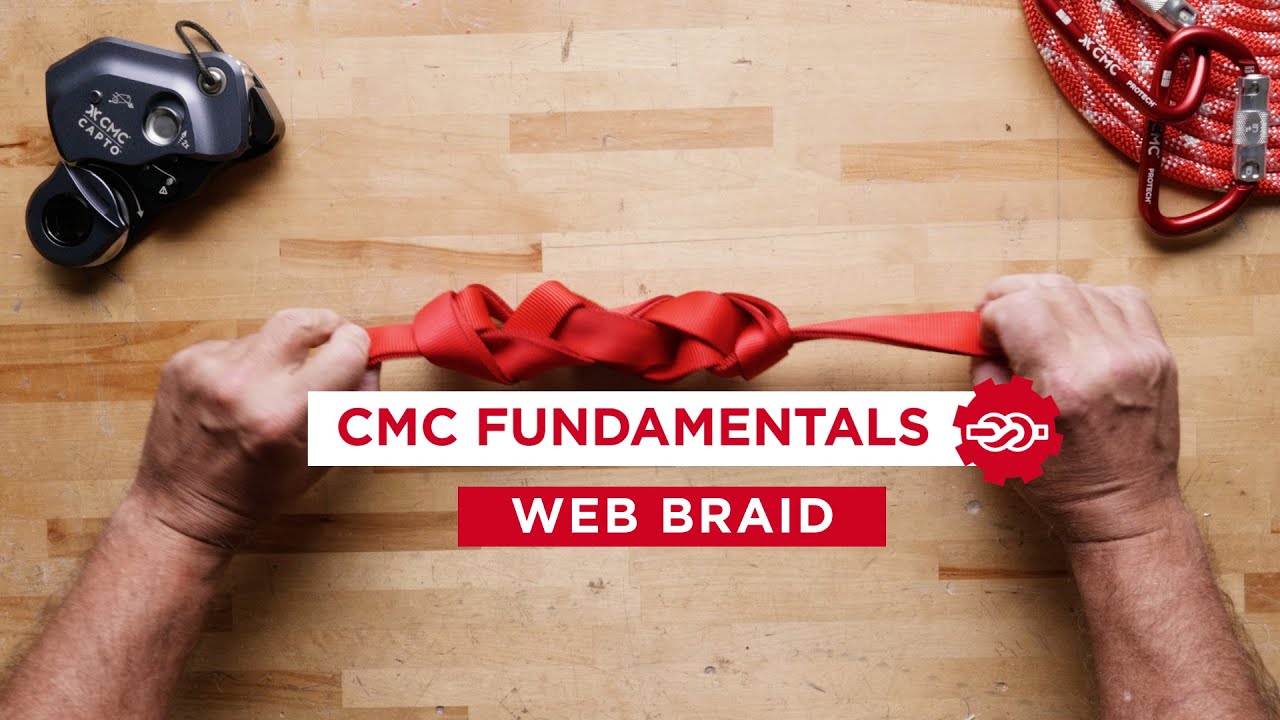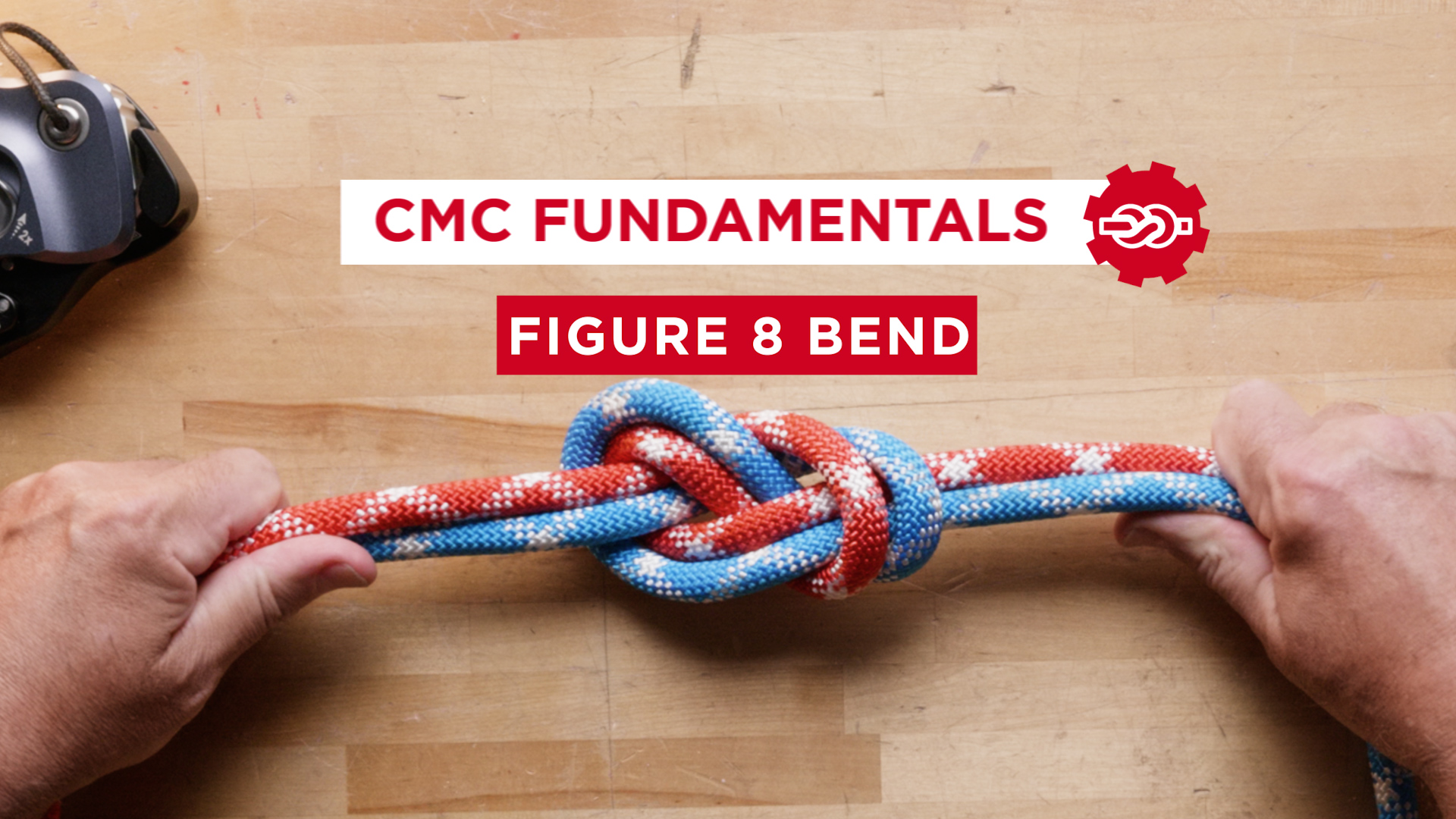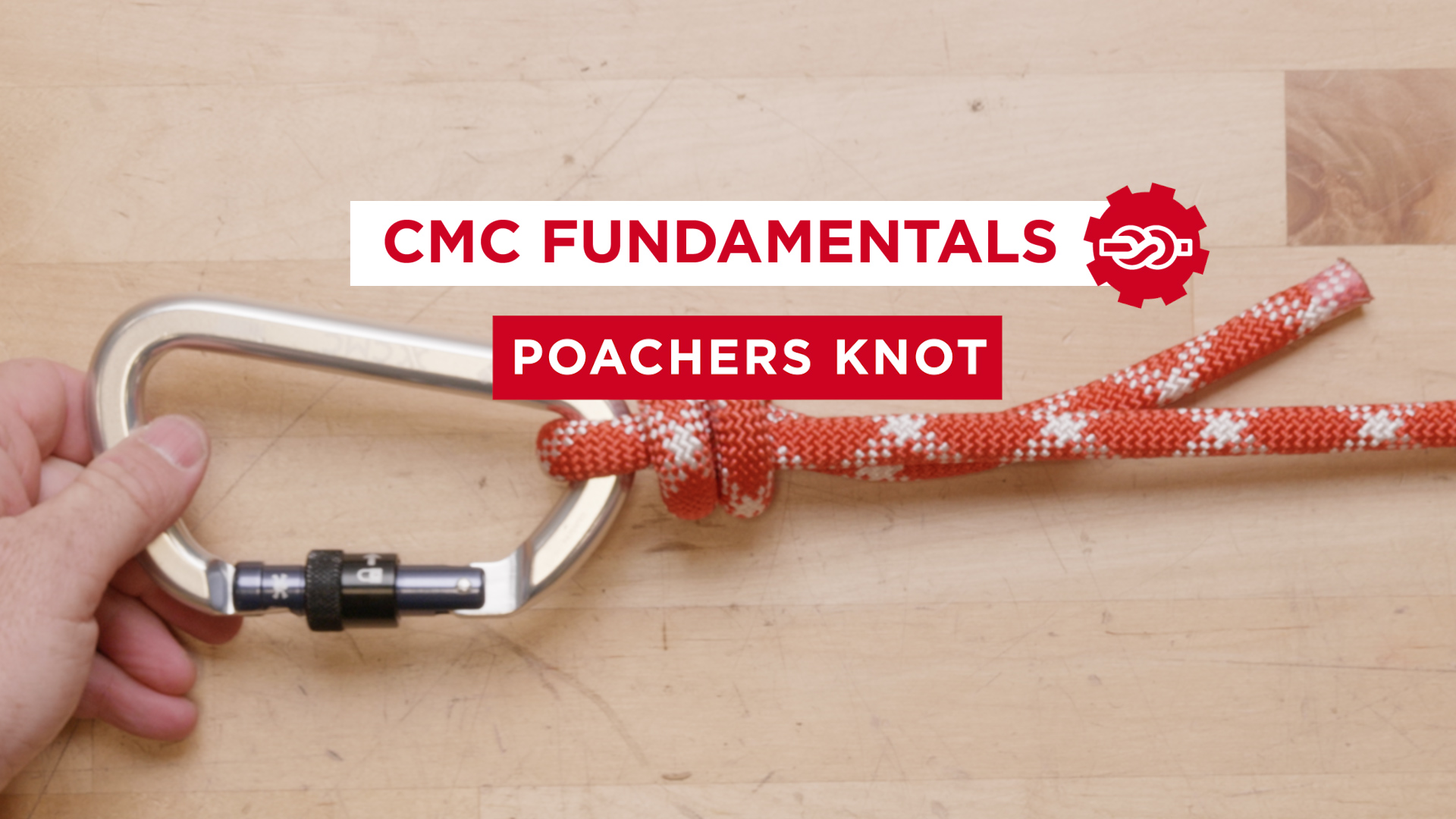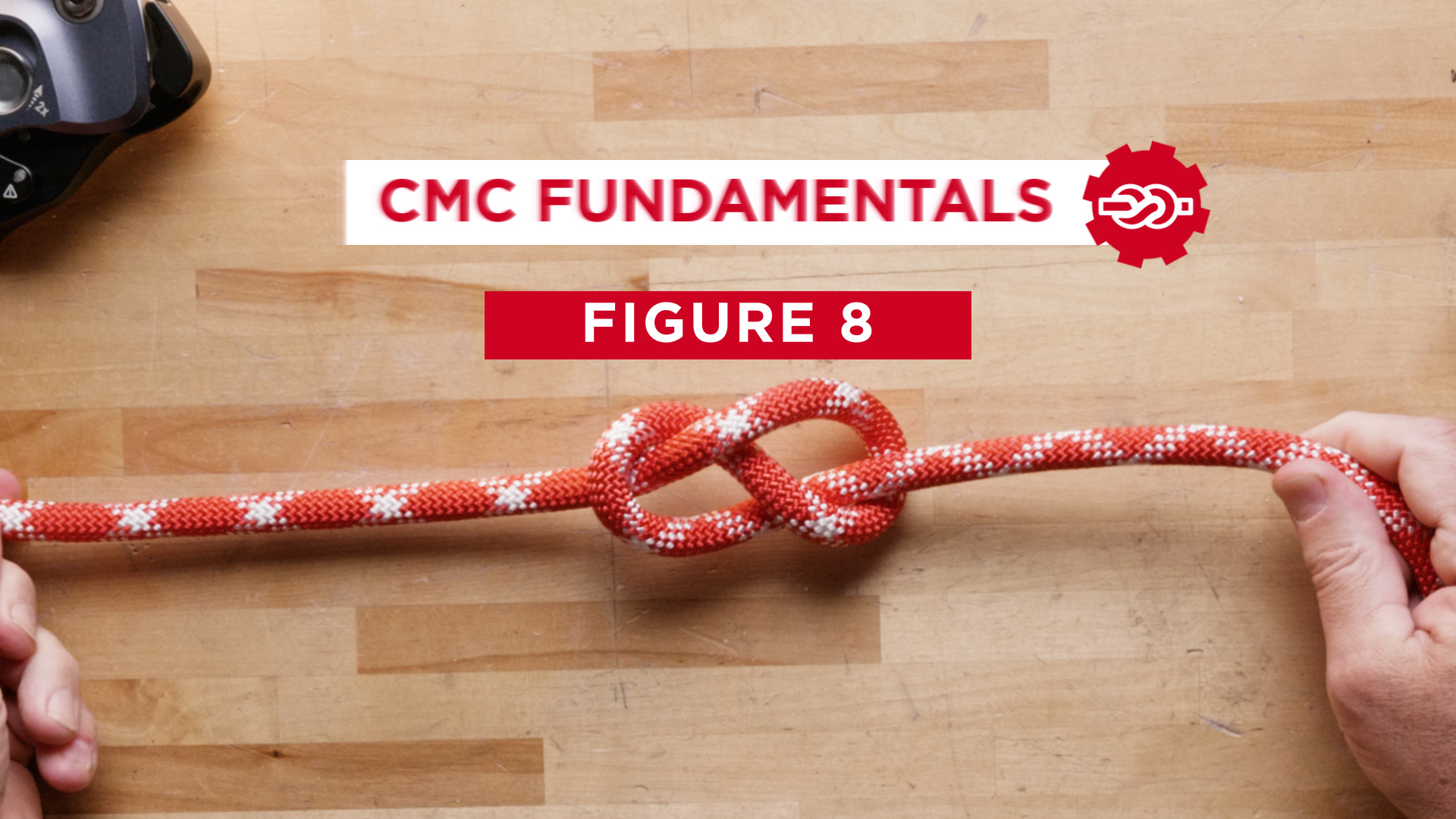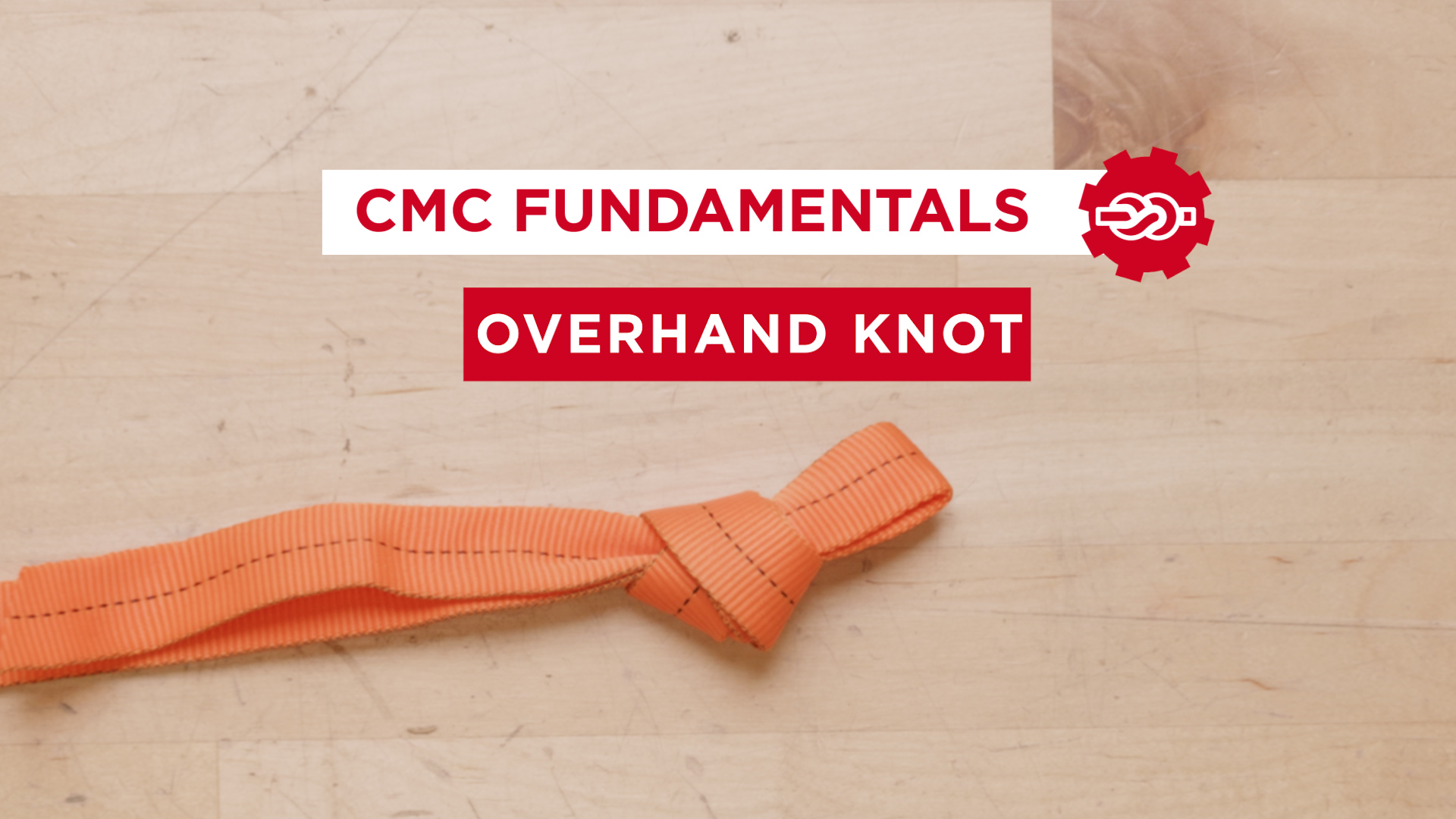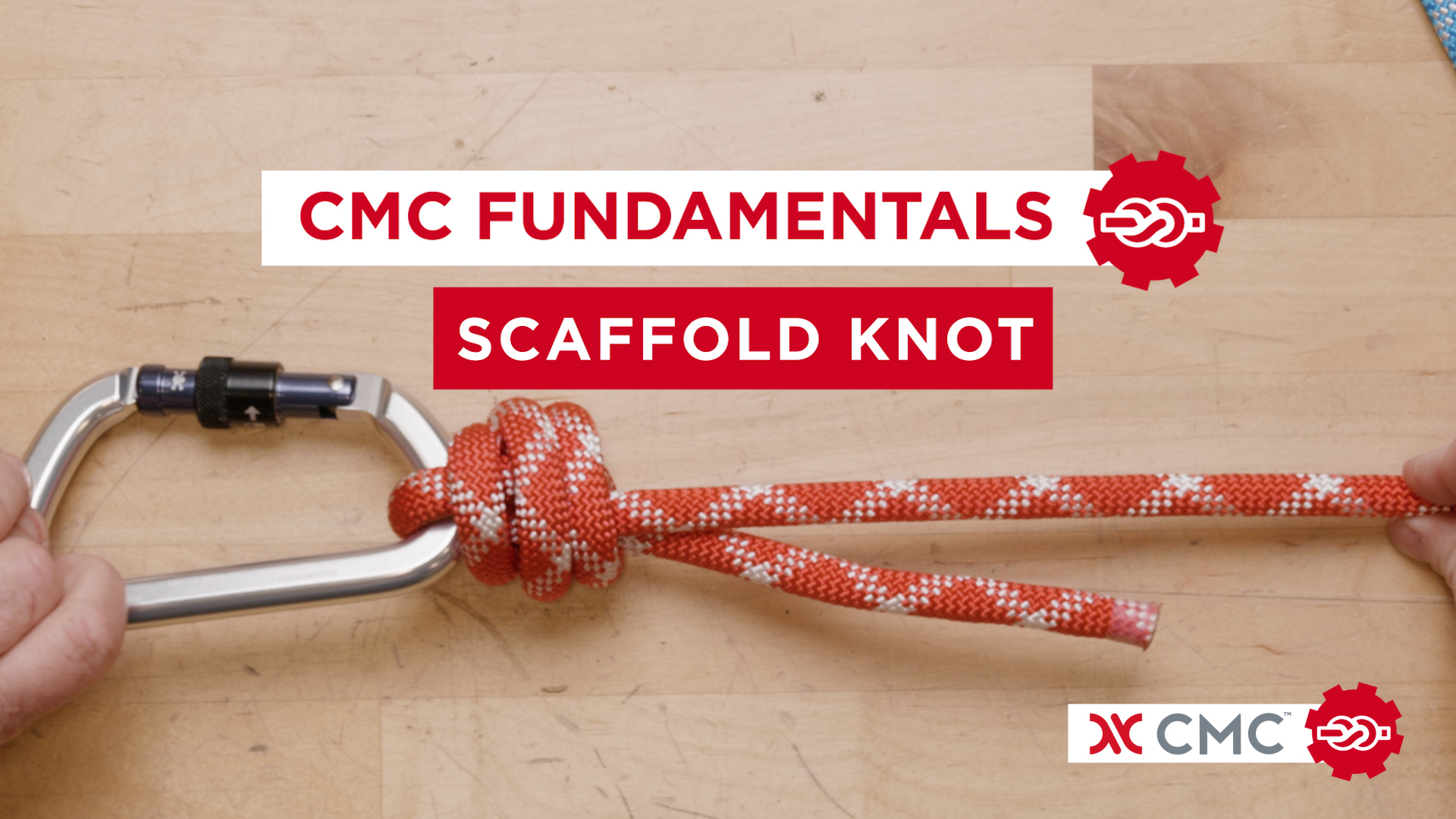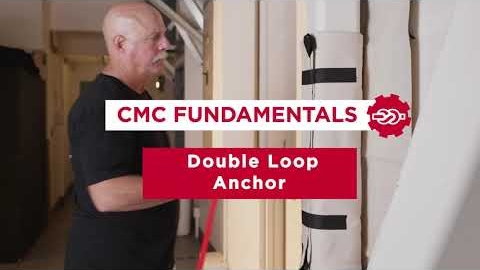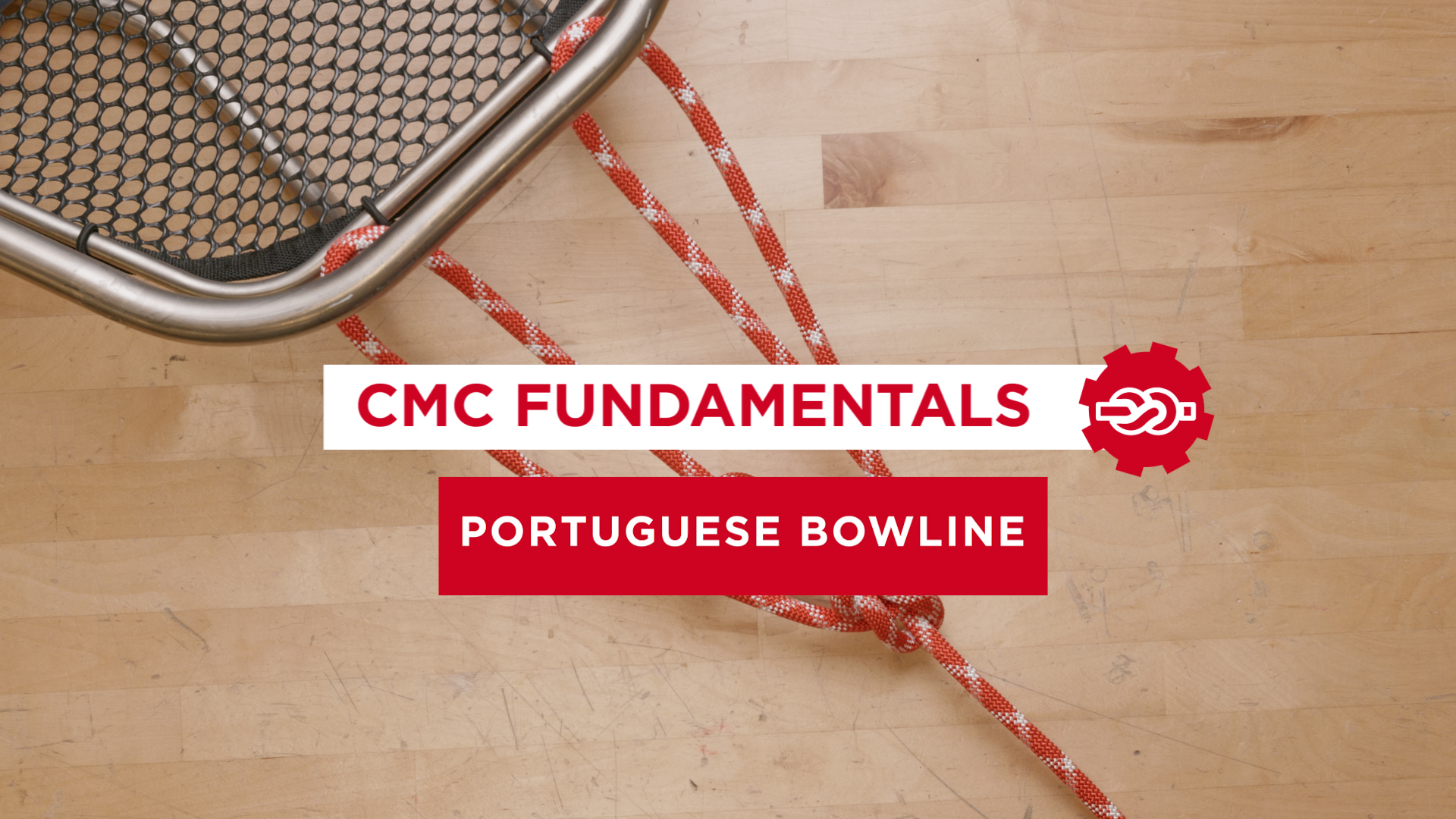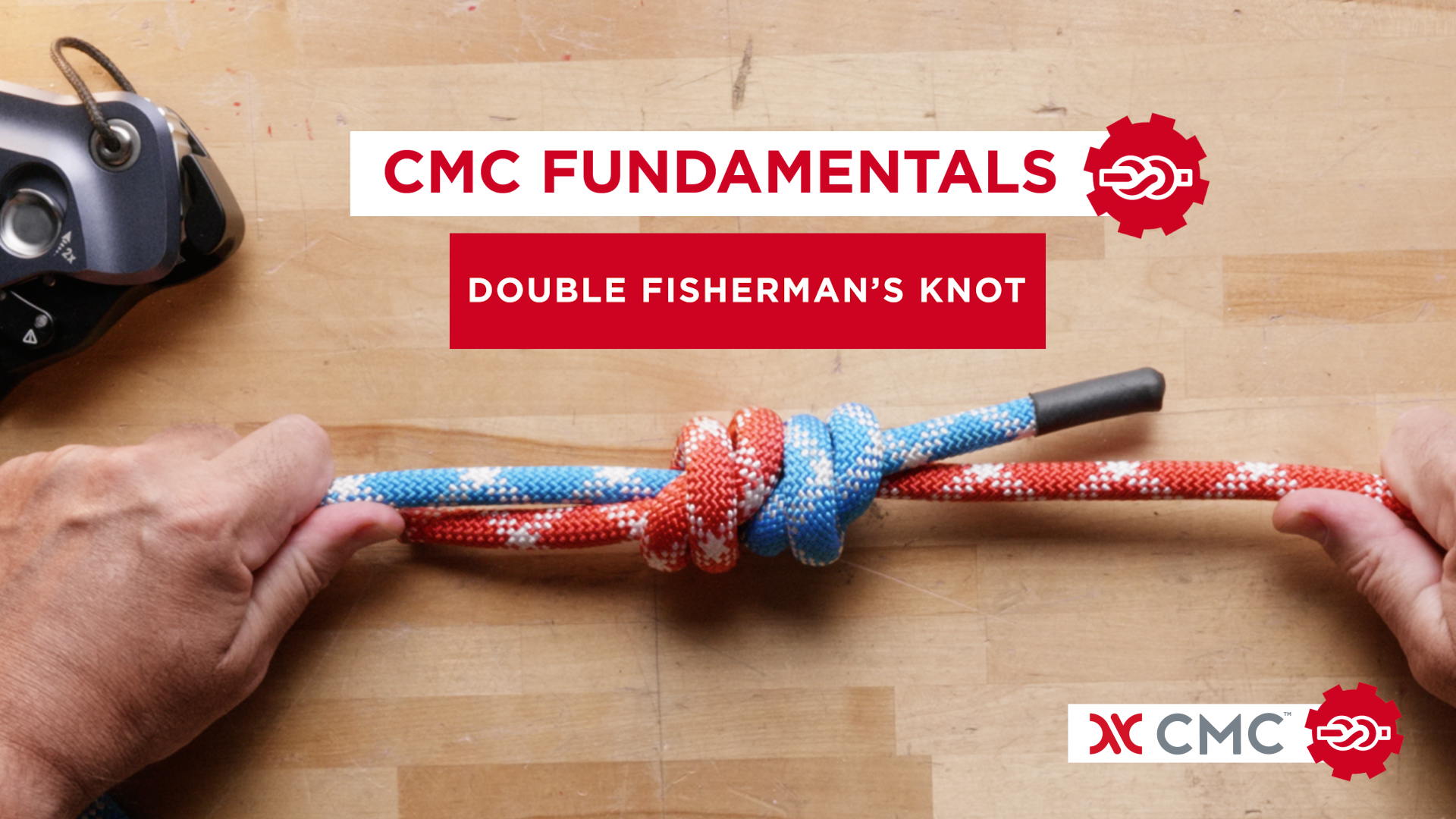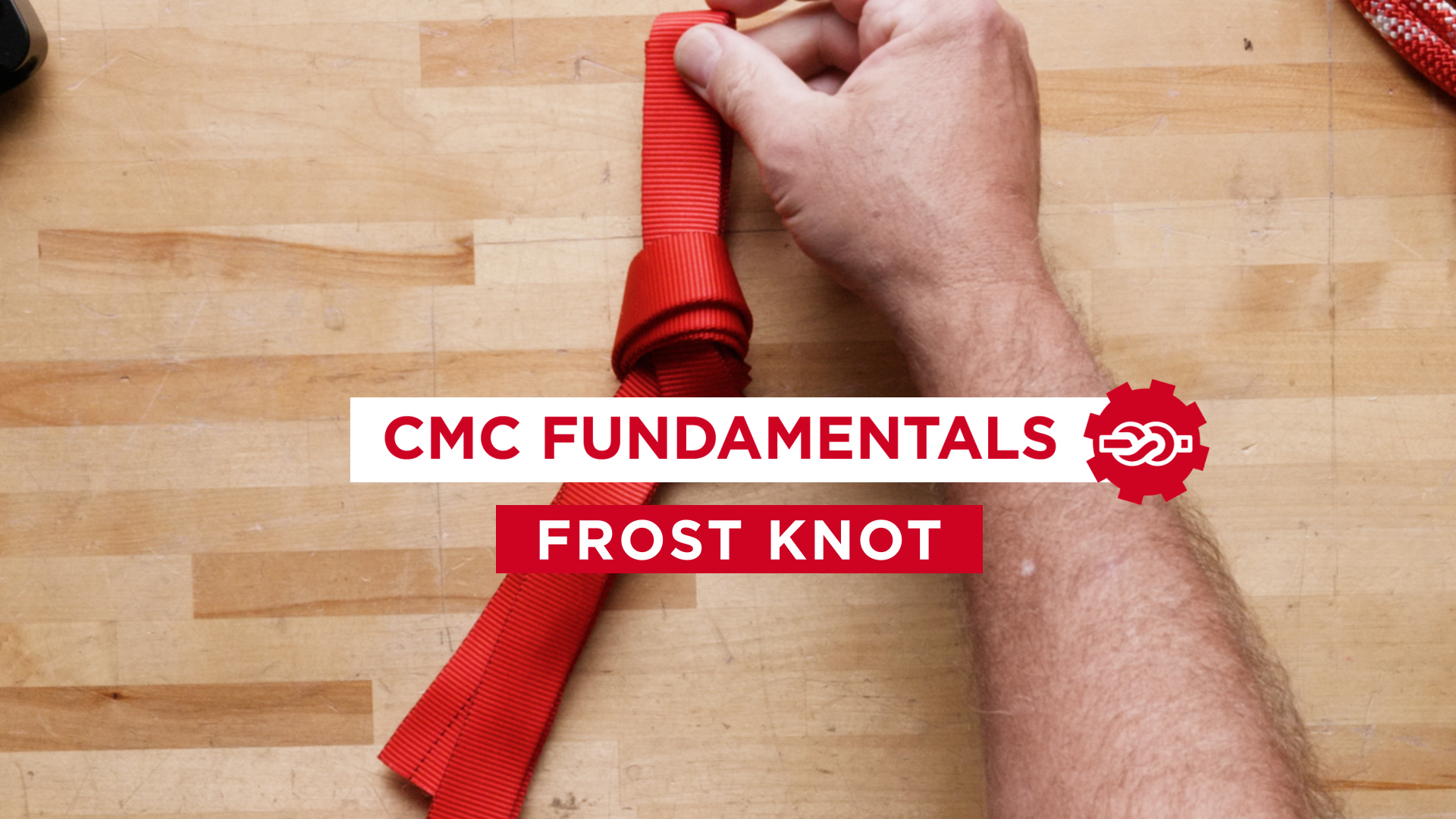
Episode 27 - Swift Water Rescue
Contributors in this Episode
Summary:
In this episode, Jim Pellitteri Battalion Chief from the Gurnee (IL) Fire Department and and Chris Rohde Director of Training at the McHenry Township Fire Protection District discuss what swiftwater is, some of the most common misconceptions about it, and fundamentals to consider. They give some examples of swiftwater specific dangers and give tips for how to safely and effectively navigate swiftwater rescue.
Topics Discussed:
0:40 Jim Pellitteri introduction – Battalion Chief from the Gurnee (IL) Fire Department
2:45 Chris Rohde introduction – Director of Training at the McHenry Township Fire Protection District
4:08 What is swift water?
10:25 What type of specialty PPE do you use in swift water rescue?
12:50 What kind of risk assessments have you done in your area to determine where your possible areas are for swift water?
16:57 How do you handle different sorts of flooding conditions? Moving water vs static high water?
22:15 How do you mitigate the risk of wading in contaminated water?
23:25 What’s the difference between a swift water high line and a rope rescue high line.
33:06 Can you speak to the size and scope of the MABIS Division 4 & 5 SRT teams?
37:57 What are the four tactics of swift water rescue and what do they entail?
43:07 Closing statements
Links:
Join the Conversation
We appreciate listener feedback. Please let us know if you have any questions or topics you’d like covered in future episodes of the CMC Podcast. You can also email us at podcast@cmcpro.com
Important Warning
- Many of the activities discussed in this podcast pose a very substantial risk of serious injury or death.
- Products and techniques discussed in this podcast are intended for use by specially trained professionals.
- Technical rescue, rappelling, climbing and the training involved are very hazardous activities. Each situation has its own unique conditions and must be evaluated by those present. Effective risk management comes from experience, proper training and good personal judgment.
- CMC is not liable for any damages arising from abuse or improper use of the techniques or equipment discussed in this podcast.
- Topics discussed are the ideas and opinions of each individual.
- Department protocol and regulations should always take precedent.

